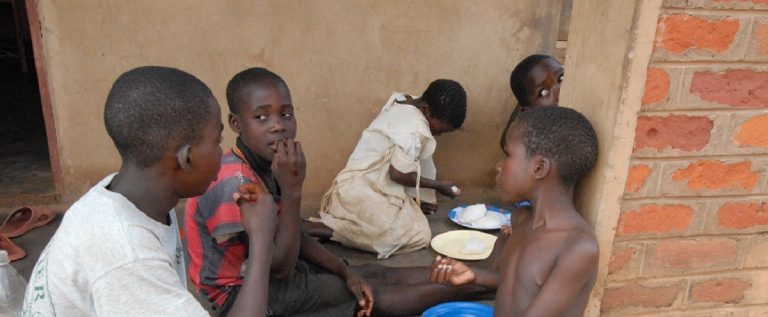
Like many other countries, Malawi was caught in the wave of democratic change that swept sub-Saharan Africa in the early 1990s. The wave was triggered by the fall of communism along with military and civilian dictatorships around the world. In Malawi, it brought to an end nearly a century of authoritarian colonial and one-party rule.
Other factors combined to bring about the rapid shift, including resistance to the oppressive one-party rule. These protests were backed by Western governments and donor organisations which imposed aid conditions to force democratic reforms.
What this meant was that when change finally came it was largely seen as an external and western imposition. As a result, those who held power adopted democracy reluctantly.
Nevertheless, democratic reforms came with the promise that citizens would be empowered. Central to this was decentralisation of decision making. And citizenship education for democracy was introduced in secondary schools in 1998 in the social studies curriculum. The stated aim was to improve the involvement of citizens in the democratic processes.

Like many other countries, Malawi was caught in the wave of democratic change that swept sub-Saharan Africa in the early 1990s. Source: Shutterstock
But official rhetoric hasn’t been matched with practice. Educational policies, curriculum development and standardised national assessments are all still decided and designed at the centre. This means there’s little or no effort to empower people at local level. It also means there is limited space for schools to practice democracy.
Top-down curriculum innovations, for example, pose a challenge when it comes to relevance and ownership. They also undermine the government’s policy designed to develop skills and attitudes needed to uphold and support democracy.
An added difficulty is that cultural norms in Malawi militate against children having a say. A study I undertook in a rural community day secondary school in southern Malawi illustrated this. The tension between the development of democratic citizenship skills and the cultural role of students as children was on view. There were contradictions between what students learned in class and how they were expected to behave.
Resistance to school democratisation
It’s often said democracy is best learned by practice. This supports the notion schools should become sites where democracy is practised both in and outside the classroom. This is the basis for government’s several policy documents advocating the involvement of students in educational decisions and issues that affect them.
But there are tensions in Malawi’s education system which militate against this. Subtle resistance prevents it from taking root.
Traditionally, decision-making is the preserve of adults in Malawi. Children are brought up to conform to dictates of adults and are cautioned against questioning their decisions. When this is extended to teachers in schools, it can become a recipe for authoritarian practices.
Schools don’t exist in a vacuum. The hierarchical relations between adults and children that exist in the wider African society are, therefore, reflected in the relations between teachers and students on the school landscape.
Teachers are likely to resist school democratisation because it would empower students and threaten their authority. Teachers are therefore likely to see avenues for democratic participation by students as a loss of authority and cultural privilege.

Children play at a school some 50 km south of Malawi’s capital Lilongwe. Source: Reuters/Antony Njuguna
My study showed students had taken on board the principle all suspected offenders had the right to be heard before being judged. But many were suspended from school without getting an opportunity to be heard. And the stand taken by teachers had the support of most parents. Parents encouraged teachers to rid the school of any forms of misbehaviour using any means available.
This inconsistency, described by Henry Giroux as the hidden curriculum, is likely to undermine what students learn in class. A further consequence is that students will acquiesce to authoritarian practices from people in positions of authority.
In addition, they may begin to think classroom learning is only meant to prepare them for national examinations and has no bearing on their lives. This may result in democratic citizenship appearing as a facade. And it could facilitate the resilience of autocratic practices – in schools and beyond.
What can be done to make school democracy acceptable
If Malawi is going to develop democratic citizens, experience with democracy in school is important. It’s therefore essential teachers get sensitised to this.
It should still be acknowledged school democratisation, in a patriarchal society, will require time before it’s accepted. Efforts towards democratisation, therefore, need to be acknowledged and encouraged. Deliberate action should be taken to promote democracy at national and school levels.
As a starting point, schools could set up committees to oversee the process. This will ensure translation of national policy into practice. The committee could also work to resolve tensions between the roles of students as young citizens and as children.
By Peter Ngwinjo W. Namphande, Lecturer in Social Studies Education, University of Malawi
This article was originally published on The Conversation. Read the original article.
Liked this? Then you’ll love these…
Hong Kong: Pro-democracy student activists to face charges after pro-Beijing chief chosen
5 questions: Protest group Students for a Democratic Society







